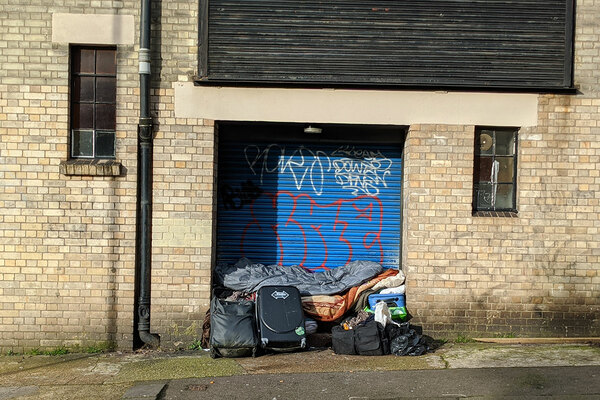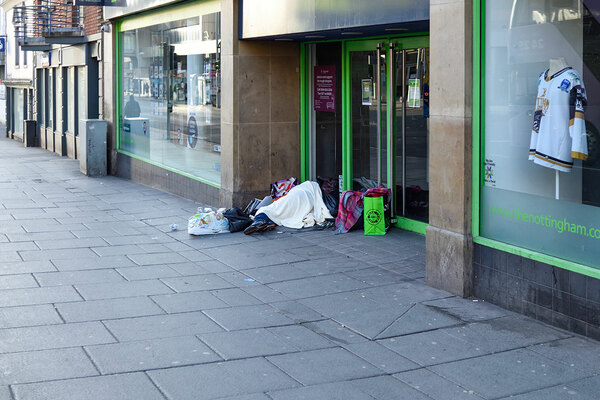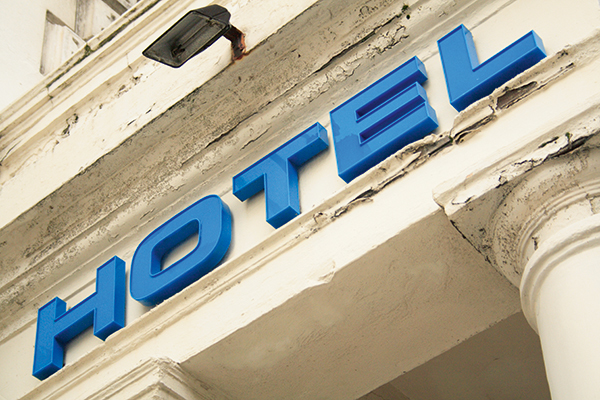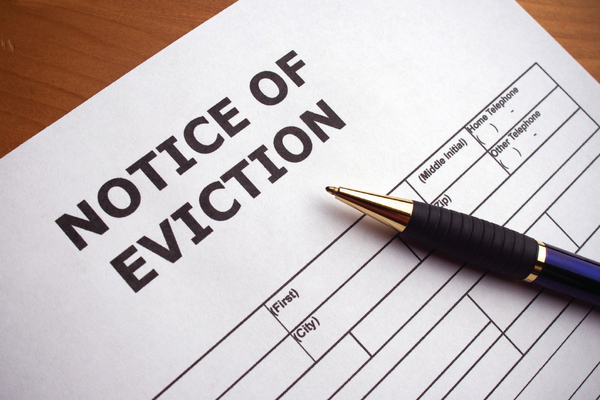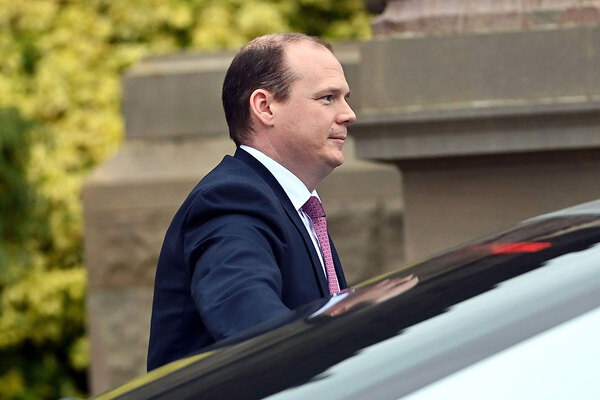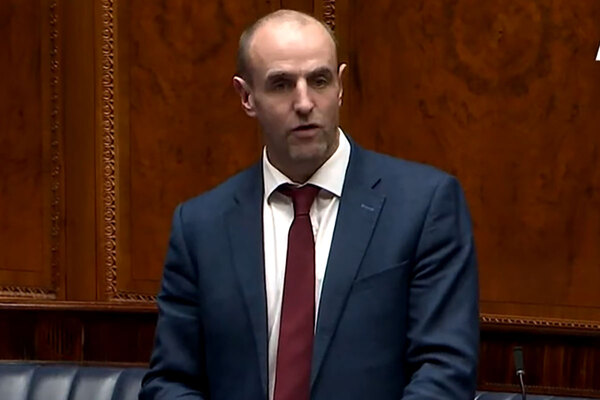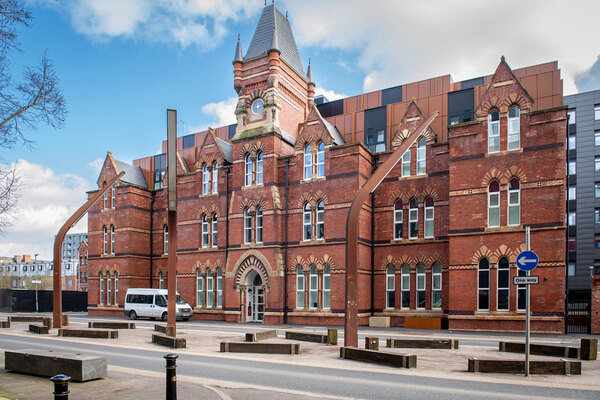You are viewing 1 of your 1 free articles
Hundreds still on the streets as new people plunged into homelessness during pandemic
Hundreds of people are still sleeping on the streets in the UK, as councils and charities say the coronavirus crisis is leading to new people becoming homeless.
Inside Housing has spoken to a number of frontline homelessness workers and charities who say they are still seeing a large number of rough sleepers in the areas they operate, many of whom are new faces who were unknown to them before.
Jon Glackin, founder of Streets Kitchen, which provides food to rough sleepers in London, said there are “well over 100” people still sleeping rough in the capital. He said that the organisation fed more than 40 people in Camden alone on Saturday last week.
“Even in normal times I would be surprised to see this many new faces,” he said.
Mr Glackin said much of this was down to a “deluge” of people hitting the streets after coming out of backpacker hostels, B&Bs or illegal evictions. There are also a number returning to the streets after being thrown out of the emergency accommodation.
Billa Ahmed, co-founder of Homeless Aid UK, which feeds rough sleepers in various northern cities, said that volunteers have found between 60 and 90 rough sleepers on different nights in Manchester. In Bolton, the number is between 15 and 20.
Manchester City Council officially reports 253 people living in the council’s emergency accommodation, while 80 individuals are still known to be on the streets.
The figures come amid government claims that more than 90% of rough sleepers known to councils at the start of the crisis have been offered emergency accommodation as part of a government initiative to ensure homeless people have somewhere safe to stay during the pandemic.
According to the government, more than 5,400 people living on the streets or in hostels have been moved into self-contained accommodation, for example in hotels or B&Bs.
Dame Louise Casey, who leads a government taskforce on homelessness, acknowledged last month that a “small number” of rough sleepers “still find it hard to come in off the streets”. She added that the number of those needing emergency support was in the “hundreds not thousands”.
Diarmaid Ward, executive member for housing and development at Islington Council, described the 90% figure as “at best not entirely relevant and at worst a little bit disingenuous”. He said this was because the number of people councils are housing is far greater than estimates taken before the COVID-19 crisis.
Islington Council alone has housed more than 100 people in emergency accommodation.
Mr Ward said that the flow of people onto the streets is not stemming and the council continues to see new people every week.
Charities have said that new people on the street include individuals who were living in backpacker hostels that have now closed down, people fleeing abusive homes and those who were sofa-surfing or living in squats.
In addition to newly homeless people, the team at Homeless Aid UK is seeing individuals returning to the streets from emergency accommodation provided by councils, according to Mr Ahmed.
He said: “Those who have got complex issues [that relate to] mental health, alcohol or drugs are back on the street again. They’re still on the streets because it’s not as easy as putting them up in hotels.”
Rick Henderson, chief executive of Homeless Link, said: “While progress continues to be made in housing people who are sleeping rough with frontline services working very hard, some areas are still struggling, whether due to the lack of suitable accommodation or having the most effective system and partnerships in place to take swift action.
“The sad fact of the matter is that we are not dealing with a finite number of people, as more individuals are undoubtedly finding themselves newly homeless during this crisis.”
A Ministry for Housing, Communities and Local Government spokesperson said: “At the beginning of this crisis councils across England provided the government with an estimate of the numbers of people sleeping rough in their areas and we have worked closely with them to safely accommodate as many of them as possible.
“The latest figures show over 90% of rough sleepers known to councils at the beginning of this crisis have now been made offers of safe accommodation and we have announced Dame Louise Casey will spearhead the next phase of the government’s support for rough sleepers during the pandemic.
“The new taskforce will work hand-in-hand with councils across the country on plans to ensure rough sleepers can move into long-term, safe accommodation once the immediate crisis is over – so as few people as possible return to life on the streets – and ensure the thousands of rough sleepers now in accommodation continue to receive the physical and mental health support they need while they continue to self-isolate from the virus.”
